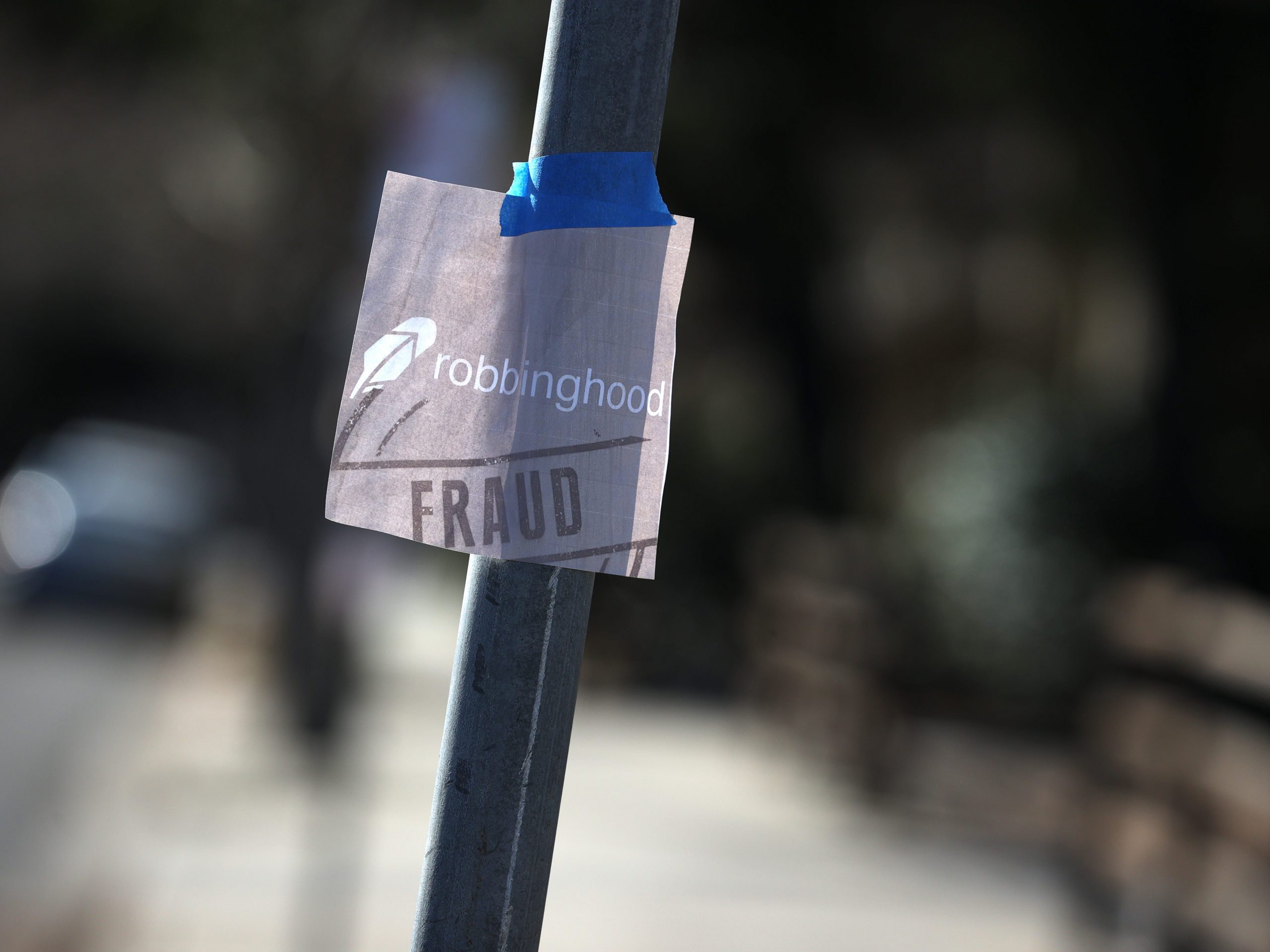
Justin Sullivan/Getty Images
- Robinhood’s CEO received death threats after last month’s GameStop stock frenzy, Bloomberg reported.
- Robinhood restricted trading on GameStop shares following an unexpected rally starting January 28.
- CEO Vlad Tenev is set to testify in front of Congress on Thursday regarding Robinhood’s decision.
- Visit the Business section of Insider for more stories.
Robinhood CEO Vlad Tenev is staying at a hotel due to backlash following the late-January GameStop trading rally, Bloomberg reported.
Robinhood restricted trading on GameStop stock beginning on January 28 following an unexpected 2000% month-to-date surge in share price driven by retail investors. Robinhood users, including members of the Reddit forum r/WallStreetBets who cheered GameStop’s rally, accused the firm of unfairly manipulating free market trading.
Some backlash following the frenzy got violent. Tenev has avoided going home the last few days after receiving death threats, one source told Bloomberg.
Menlo Park police told Insider’s Tyler Sonnemaker a handful of protestors threw dog feces at Robinhood’s headquarters and sawed through a statue on the property. Institutional investors that bet against GameStop said they received personal threats, per The Wall Street Journal.
Robinhood initially said in a release it blocked purchases of GameStop shares to "help customers stay informed" amid market volatility, but later clarified the decision was due to deposit requirements from clearinghouses registered with the Securities and Exchange Commission.
"To be clear, this decision was not made on the direction of any market maker we route to or other market participants," Tenev said on Twitter.
High-profile business leaders and lawmakers questioned Robinhood's decision to restrict trading. Rep. Alexandria Ocasio-Cortez called Robinhood's decision "unacceptable," and Mark Cuban asked on Twitter whether the app ended trading "because they are losing their a** on these trades."
Tenev is slated to testify during a Congressional hearing on Thursday regarding his firm's decision to halt GameStop trading. The executive recently said on the All-In Podcast that his company could have communicated why it restricted trading "a little bit better."
"As soon as those emails went out, the conspiracy theories immediately started coming. So, my phone was blowing up with, 'How could you do this? How could you be on the side of the hedge funds?'" Tenev said on the podcast. "Of course, we're not on the side of the hedge funds. We're building products for our customers. And we just had to do what we did to meet our deposit requirements."
Robinhood did not immediately respond to Insider's request for comment.
